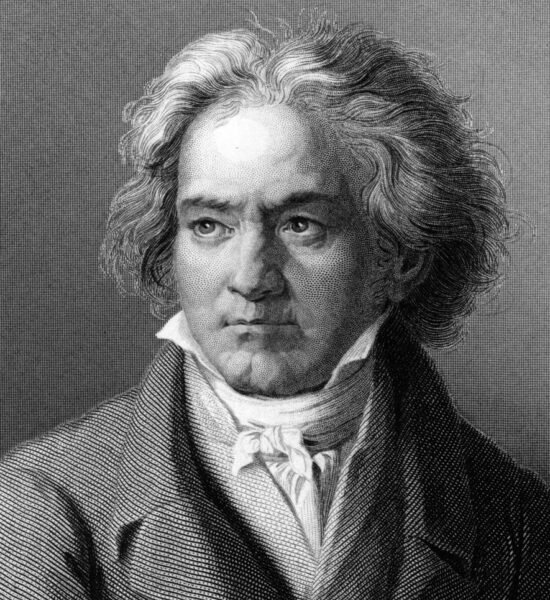Introduction
Music festivals are a cornerstone of cultural expression and community gathering, drawing crowds to celebrate the diverse tapestry of sounds and rhythms. In Canada, the tradition of music festivals has a rich history, beginning with the very first festival that set the stage for the nation’s vibrant musical landscape. This blog explores the origins, significance, and lasting impact of Canada’s inaugural music festival.
The Early Days: Setting the Stage for Musical Harmony
The 19th century was a period of burgeoning cultural development in Canada. As cities grew and communities formed, the appetite for artistic and social activities increased. Music emerged as a pivotal medium of expression and community building. The first music festival in Canada can be traced back to the year 1834 in Halifax, Nova Scotia.
Halifax: The Cradle of Canadian Music Festivals
The Visionaries Behind the Festival
The Halifax Music Festival, held in 1834, was organized by local music enthusiasts and community leaders who recognized the power of music to unite and inspire. Among them was Dr. James B. Uniacke, a prominent figure in Halifax’s cultural scene, who played a key role in bringing the festival to life. Their vision was to create an event that would showcase the region’s musical talent and foster a deeper appreciation for music.
The Event Itself: A Harmonious Debut
In October 1834, the Halifax Music Festival took place over several days, featuring performances by local choirs, soloists, and instrumentalists. The festival’s repertoire included classical pieces by composers such as Beethoven and Handel, as well as traditional folk songs that reflected the cultural heritage of the region. Held at St. Paul’s Church, the festival attracted a large audience, receiving enthusiastic praise from attendees and the press alike.
The success of the Halifax Music Festival marked a significant milestone in Canada’s cultural history, setting a precedent for future music festivals by demonstrating the public’s enthusiasm for such events and the potential for fostering a deeper appreciation of music.
The Impact and Legacy of the Halifax Music Festival
Cultural Impact
The Halifax Music Festival had a profound influence on the cultural landscape of Canada. It underscored the importance of music as a form of artistic expression and social cohesion. The festival’s success inspired other cities and communities to host similar events, leading to a proliferation of music festivals across the country.
Educational Influence
A key objective of the Halifax Music Festival was to promote music education. The festival featured lectures and workshops aimed at educating both musicians and the general public. This emphasis on education helped to elevate the standards of musical performance and appreciation in Canada, laying the foundation for the country’s future musical achievements.
Inspiration for Future Festivals
The Halifax Music Festival inspired numerous other music festivals in the following decades. The idea of bringing together diverse musical talents and creating a communal experience resonated with many, leading to the establishment of various music festivals nationwide. Notable examples include the Canadian National Exhibition’s music program, which began in 1879, and the Stratford Music Festival, established in 1955.
The Evolution of Music Festivals in Canada
From Classical to Contemporary
While the early music festivals primarily focused on classical music, the genre has since expanded to include a wide array of musical styles. Today, music festivals in Canada celebrate everything from rock and pop to jazz, blues, folk, and electronic music. This evolution reflects the dynamic and diverse nature of the Canadian music scene.
Iconic Modern Festivals
The legacy of the Halifax Music Festival can be seen in modern-day festivals such as the Montreal International Jazz Festival, the Toronto International Film Festival’s music program, and the Osheaga Music and Arts Festival. These events attract thousands of attendees and feature performances by some of the biggest names in the music industry. They have become cultural phenomena, drawing fans from around the world and contributing significantly to the economy.
The Lasting Significance of Music Festivals
Economic Impact
Music festivals have a considerable economic impact, generating revenue through ticket sales, merchandise, and tourism. Cities hosting major festivals often experience a boost in local business, as visitors spend money on accommodations, food, and other services.
Social and Cultural Cohesion
Music festivals provide a unique opportunity for people from diverse backgrounds to come together and share a common experience. They foster a sense of community and belonging, creating lasting memories and forging new friendships.
Platform for Emerging Artists
In addition to featuring established artists, music festivals often serve as a platform for emerging talents. This exposure can be crucial for new artists looking to gain recognition and build their careers.
Conclusion
The first music festival in Canada, held in Halifax in 1834, was a groundbreaking event that set the stage for the vibrant tradition of music festivals that we enjoy today. Its impact on culture, education, and the music industry is undeniable. As we revel in the myriad of musical celebrations that dot the Canadian landscape, it is important to remember and honor the pioneering spirit of the Halifax Music Festival and its role in shaping the nation’s musical heritage.




